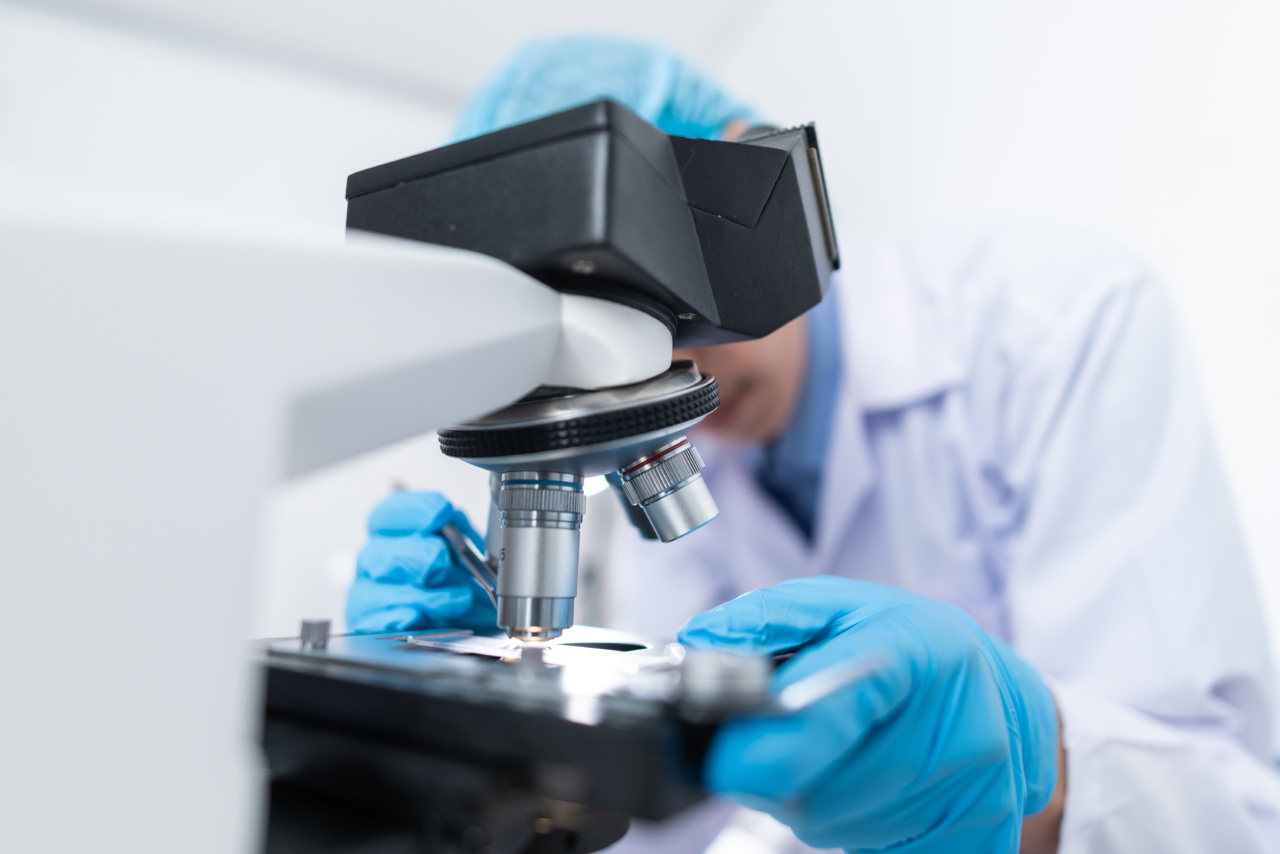Pregnancy is a critical period in a woman’s life that requires proper nutrition for the healthy growth and development of the fetus.
Nutritional deficiencies during pregnancy can lead to various adverse effects on both fetal health and development. This article aims to explore the effects of nutritional deficiencies during pregnancy and highlight the importance of a balanced diet for expectant mothers.
1. Iron Deficiency
Iron is an essential mineral that plays a crucial role in the production of red blood cells and oxygen transportation. A deficiency in iron during pregnancy can lead to iron-deficiency anemia, which can impact fetal development.
Anemia during pregnancy increases the risk of preterm birth, low birth weight, and impaired cognitive development in the child.
2. Folic Acid Deficiency
Folic acid, also known as vitamin B9, is essential for the proper development of the neural tube in the fetus. Inadequate folic acid intake during early pregnancy can result in neural tube defects, such as spina bifida.
It is crucial for pregnant women to consume sufficient folic acid through a balanced diet or prenatal supplements.
3. Calcium Deficiency
Calcium is necessary for the development of strong bones and teeth in both the mother and the fetus. Insufficient calcium intake during pregnancy can increase the risk of maternal osteoporosis and impaired bone mass in the baby.
It is vital for pregnant women to meet their daily calcium requirements to ensure optimal skeletal development.
4. Vitamin D Deficiency
Vitamin D is crucial for proper calcium absorption and bone health. Pregnant women with vitamin D deficiency are at a higher risk of gestational diabetes, preeclampsia, and bacterial vaginosis.
Inadequate vitamin D levels can also affect the fetal skeletal development, leading to skeletal deformities and impaired growth.
5. Iodine Deficiency
Iodine is essential for thyroid hormone production, which is crucial for fetal brain development. A deficiency in iodine during pregnancy can result in impaired cognitive development, intellectual disabilities, and even stillbirth.
Pregnant women should ensure adequate iodine intake through iodized salt or supplementation.
6. Vitamin B12 Deficiency
Vitamin B12 is necessary for the proper formation of red blood cells and neurological development.
Inadequate intake of vitamin B12 during pregnancy can lead to an increased risk of neural tube defects, impaired cognitive function, and developmental delays in the baby. Proper supplementation or consuming animal-based food sources can help prevent this deficiency.
7. Vitamin C Deficiency
Vitamin C is involved in collagen synthesis and plays a crucial role in tissue repair and immune function.
Pregnant women with vitamin C deficiency may experience an increased risk of premature rupture of membranes, preterm birth, and impaired wound healing. It is important for expectant mothers to consume an adequate amount of vitamin C-rich foods.
8. Omega-3 Fatty Acid Deficiency
Omega-3 fatty acids, particularly docosahexaenoic acid (DHA), are essential for fetal brain and eye development.
A deficiency in omega-3 fatty acids during pregnancy can lead to impaired cognitive function, visual deficits, and behavioral issues in the child. Consuming fatty fish or supplementation can help meet the required omega-3 fatty acid needs.
9. Zinc Deficiency
Zinc plays a vital role in fetal growth and development, as well as in maintaining a healthy immune system. Zinc deficiency during pregnancy can result in restricted fetal growth, preterm birth, and an increased risk of infections.
Pregnant women should ensure adequate zinc intake through a balanced diet or supplementation.
10. Vitamin A Deficiency
Vitamin A is essential for vision, immune function, and cellular differentiation. Inadequate vitamin A intake during pregnancy can increase the risk of maternal night blindness and compromise the fetal visual system.
However, excessive vitamin A intake can also be harmful, so pregnant women should follow appropriate guidelines and consult their healthcare provider.
Conclusion
Nutritional deficiencies during pregnancy can have profound effects on fetal health and development.
It is crucial for expectant mothers to maintain a well-balanced diet and meet the recommended nutrient intake to mitigate the risks associated with these deficiencies. Regular prenatal check-ups, dietary guidance, and supplementation, when necessary, can help ensure a healthy pregnancy and optimal fetal development.






























